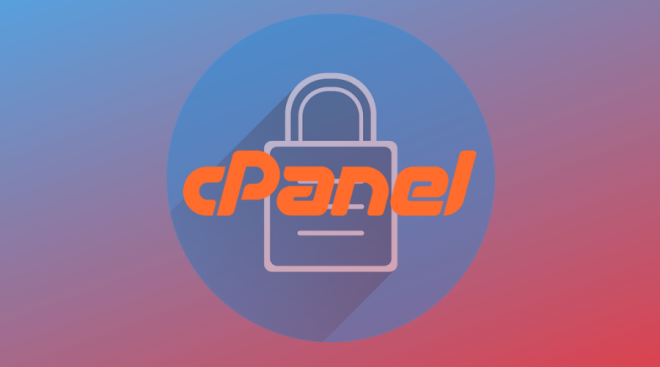
Table of Contents
Introduction:
Security is a top priority in website management, and cPanel offers a comprehensive suite of features designed to safeguard websites, data, and user access. From SSL/TLS management to advanced tools like ModSecurity and Two-Factor Authentication, cPanel’s security features provide robust protection against threats, unauthorized access, and vulnerabilities. These tools empower website owners to manage security settings efficiently, ensuring a safe and trustworthy online environment for both site owners and visitors.
Some of the key security features available in cPanel:
cPanel offers essential security features to protect websites and user data. Key tools include SSL/TLS management for encrypted connections, IP Blocker to restrict access from specific IPs, and Hotlink Protection to prevent unauthorized content use. Additional features like Two-Factor Authentication, ModSecurity (a web application firewall), and Leech Protection help secure access and prevent attacks. With Virus Scanner and SSH access, cPanel provides comprehensive tools to maintain a safe and secure website environment.
cPanel offers a range of security features to protect websites, user data, and hosting environments. Here are some of the key security features available in cPanel:

1. SSL/TLS Management
- Allows you to install and manage SSL certificates to secure data transmitted between the website and its users.
- Includes AutoSSL, which automatically issues and renews free SSL certificates for domains.
2. IP Blocker
- Lets you block specific IP addresses or ranges to prevent unwanted or malicious visitors from accessing your site.
3. Hotlink Protection
- Prevents other websites from directly linking to your images, videos, or other resources, which can save bandwidth and protect content.
4. Leech Protection
- Limits the number of logins a user can make within a specific time frame for password-protected directories, helping to prevent unauthorized access.
5. Directory Privacy
- Protects directories with password authentication, requiring users to log in before accessing certain parts of the website.
6. Two-Factor Authentication (2FA)
- Adds an extra layer of security for cPanel accounts by requiring both a password and a second factor (such as a code from a mobile device) to log in.
7. ModSecurity
- A web application firewall that protects against common vulnerabilities and attacks by filtering and monitoring HTTP traffic to your site.
8. SSH Access Management
- Provides secure, encrypted access to the server via Secure Shell (SSH), which is useful for advanced users needing command-line access.
9. Virus Scanner
- Scans files within your cPanel account for malware, viruses, and other security threats, helping to keep files clean.
10. SSL/TLS Status and Management
- Monitors the status of SSL certificates on all domains and provides tools for reissuing, renewing, or updating SSL certificates.
11. Security Policy Settings
- Administrators can configure policies to enforce password complexity, expiration, and other account security measures.
12. PHP Open_basedir Protection
- Prevents PHP scripts from accessing files outside their designated directories, adding an extra layer of security against script-based attacks.
13. ImunifyAV and Imunify360 (if available)
- ImunifyAV is a malware scanner available in some cPanel environments, providing comprehensive virus and malware scanning.
- Imunify360 offers additional features such as advanced firewalls, intrusion detection, and proactive malware scanning.

Summary:
The security features in cPanel help protect websites, data, and user accounts from threats. With tools ranging from basic SSL management to advanced firewalls, cPanel provides website owners with the resources they need to ensure their sites are secure.
Conclusion:
With its wide range of security features, cPanel offers a powerful toolkit to keep websites and data secure. Regularly using these tools—such as setting up SSL, enabling IP blocking, and configuring Two-Factor Authentication—can greatly enhance the security of your website and hosting environment. By leveraging cPanel’s security features, website owners can proactively protect their sites from threats and foster a safer user experience.
